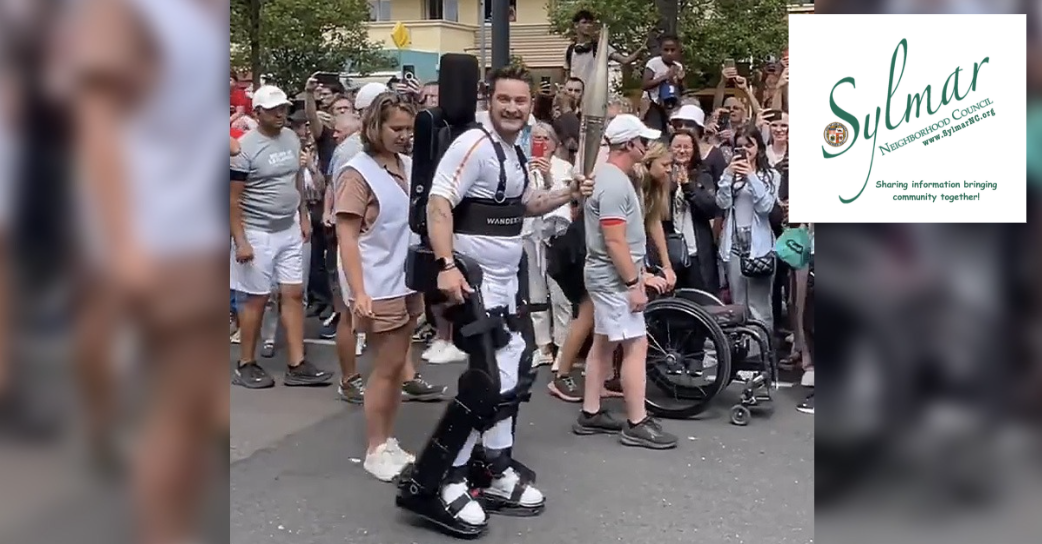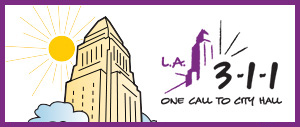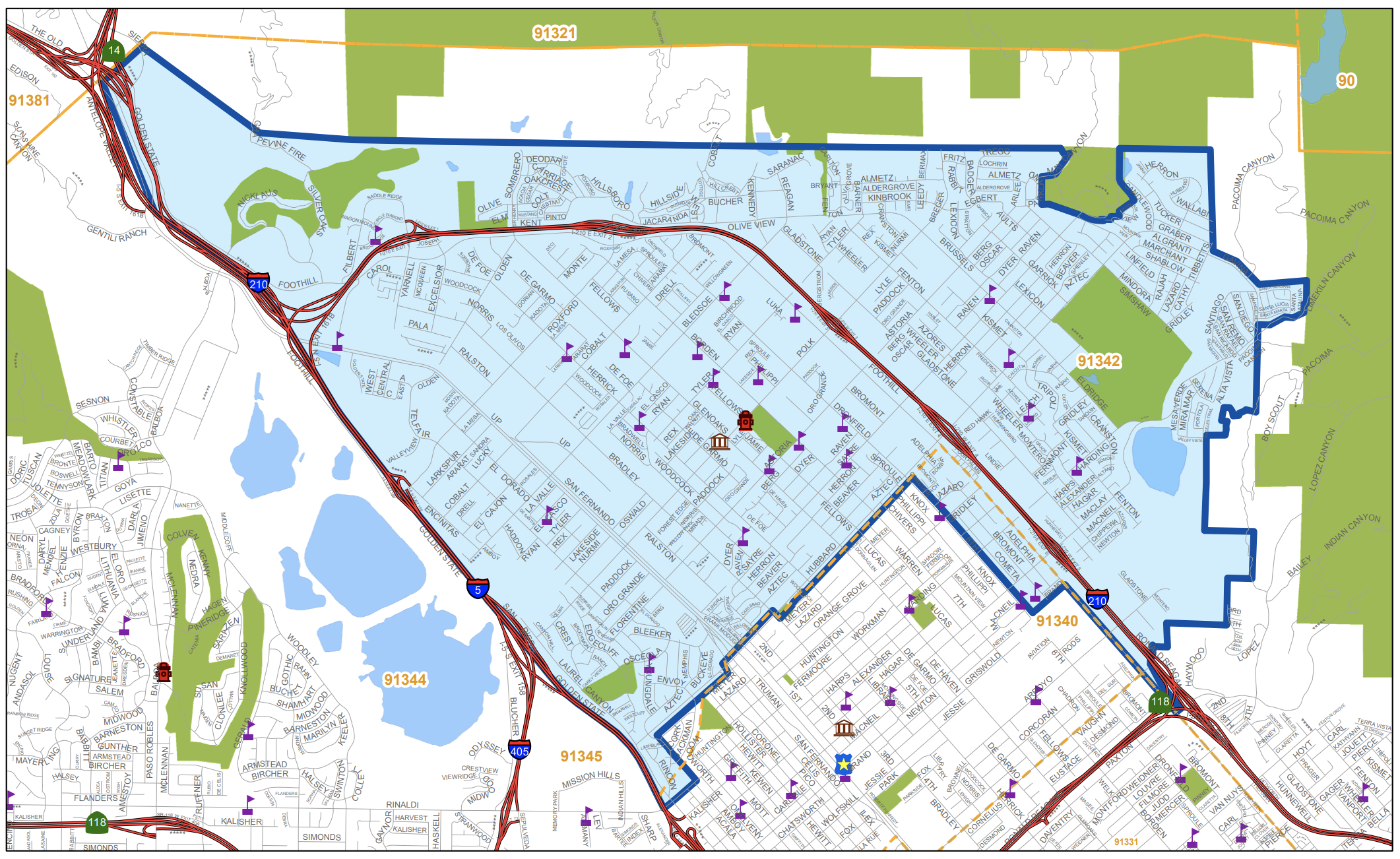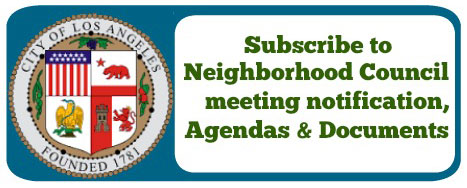-
(818) 833-8737
13521 Hubbard St.Sylmar, CA 91342
- Login
Olympic Torch carried through Paris while wearing a robotic exoskeleton
Posted on 07/24/2024

Watch the heartwarming moment French Paralympian, Kevin Piette, who has been paraplegic since an accident at age 11, makes history as he carries the Olympic flame through Paris while wearing a robotic exoskeleton.
A French Paralympian has been able to walk again – all thanks to technology.
Tennis player Kevin Piette, 36, who lost the use of his legs in an accident aged 11, has made history by carrying the Olympic torch wearing a robotic exoskeleton.
Heartwarming footage shows him smiling as he passes waving crowds in Poissy, northwest Paris, as the traditional torch relay nears the end of its route.
https://www.youtube.com/watch?v=W67BRhZt4KE
History of United States cities hosting the Olympics with Los Angeles 2028 up next
Article Credit - NBC4 Los Angeles
With the Olympic cauldron set to light in Paris, it won't be long before the Games make a return to the United States.
The U.S. has plenty of hosting experience under its belt. Not only will it add some more in 2028, but the nation now has another Olympics lined up for 2034.
Let’s take a look at a timeline of United States cities hosting throughout Olympic history and some major moments from each of those Games.
Which U.S. cities have hosted an Olympics?
The United States has hosted the Olympics eight times throughout the Games’ history: four Summer Games and four Winter Games. In 2028, the Summer Olympics will take place in Los Angeles, making it the ninth time that the U.S. has played host.
Here is a look at all the times the U.S. has hosted the Olympics:
1904 Summer Olympics: St. Louis, Missouri
Chicago originally won the bid to host the first Olympics in the United States. However, organizers of the Louisiana Purchase Exposition (otherwise known as the St. Louis World’s Fair) in Missouri did not want another international event to occur in the same timeframe. So, the 1904 Olympics were forced to be moved to St. Louis and become part of the World’s Fair.
Various competitions were spread out over four and a half months, and the 1904 St. Louis Olympics started the now-famous tradition of awarding gold, silver and bronze medals to winners of events. Boxing, freestyle wrestling, decathlon and a dumbbells event all made their debuts at the 1904 Games.
1932 Winter Olympics: Lake Placid, New York
In 1932, the small town of Lake Placid, New York, hosted the Winter Olympics. More than 350 athletes from 17 countries gathered to compete in a Games officially opened by Franklin D. Roosevelt — the then-governor of New York — on Feb. 4.
The 1932 Lake Placid Olympics was the first time that a victory podium was used at the Winter Games. Jack Shea — a speed skater and Lake Placid local — made history by being the first Olympian to be awarded gold on the podium, and by becoming the first athlete to win two gold medals at the same Games.
1932 Summer Olympics: Los Angeles, California
Given that the location was in a relatively remote region of California, and 1932 was the middle of the Great Depression, participation in the Los Angeles Olympics was the lowest since 1904: only half the number of athletes participated as those who did four years prior.
Despite the low attendance from athletes, a record American crowd gathered live to see the Opening Ceremony in the newly-constructed Los Angeles Memorial Coliseum. The Los Angeles Olympics were also historic for another reason: It was the first time in Olympic history that the Games were cut to just 16 days. Previously, competition had lasted 79 days.
1960 Winter Olympics: Squaw Valley, California
Squaw Valley put forward a bid to the International Olympic Committee in 1955 before the resort even existed. In fact, Alexander Cushing, a lawyer, was the only inhabitant and homeowner in the whole place when it was selected to host the 1960 Olympics.
The 1960 Olympics held a lot of firsts. It was the only Winter Games not to include a bobsleigh competition due to a lack of participation. Additionally, the Squaw Valley Olympics is where men’s biathlon and women’s speed skating made their debuts. It is also where French skier Jean Vuarnet became the first to win a medal using metal skis instead of wooden ones.
1980 Winter Olympics: Lake Placid, New York
Almost 50 years after Lake Placid’s first time hosting, the Olympics returned in 1980. It was the first Games to utilize snow machines to create artificial snow to ensure the best possible conditions for its events.
American speed skater Eric Heiden became the first person in Olympic history to win five gold medals in individual events at the same Games when he set records in all five speed skating events from 500m all the way up to 10,000m. The 1980 Lake Placid Games also saw the “Miracle on Ice,” as the U.S. men’s hockey team stunned the USSR en route to a gold medal.
1984 Summer Olympics: Los Angeles, California
Los Angeles was the only city to bid, and thus picked, to host the 1984 Summer Olympics. After a United States-led boycott of the 1980 Moscow Olympics, the Soviet Union unsurprisingly organized a revenge boycott in 1984. Despite the 14 nations that stayed away, 140 National Olympic Committees took part, which was a record at the time.
The 1984 Olympics is where rhythmic gymnastics, synchronized swimming, the women’s cycling road race and the women’s marathon all made their Olympic debuts. It is also where the first paraplegic athlete took part in a medal event when archer Neroli Fairhall of New Zealand competed in a wheelchair.
1996 Summer Olympics: Atlanta, Georgia
A dozen years later, the Summer Olympics returned to the United States when Atlanta hosted the 1996 Games. For the first time in the history of the Olympics, all 197 recognized National Olympic Committees participated.
After the cauldron was lit by legendary boxer and activist Muhammad Ali, beach volleyball, mountain biking, lightweight rowing and women's football, along with the first women-only sport, softball, made their Olympic debuts. Athletes from a record-breaking 79 countries won medals at the Atlanta Olympics, and 53 countries took home gold.
Unfortunately, this historic Games was marked by tragedy when a terrorist bomb exploded in the Centennial Olympic Park, killing two people and injuring 110 more.
2002 Winter Olympics: Salt Lake City, Utah
The most recent Olympics to be held in the United States was in 2002 when Salt Lake City, Utah, hosted the Winter Games.
The Salt Lake City Olympics was a historic one for the Black community. American athlete Vonetta Flowers became the first Black athlete to take home a winter gold medal in women’s bobsleigh and Canadian ice hockey player Jarome Iginla followed as the first Black male winner.
2028 Summer Olympics: Los Angeles, California
The next time the Games return to the United States is for the 2028 Olympics in Los Angeles.
Originally, the winning bid for the 2028 Games was scheduled to be announced in mid-2021. However, after a number of cities withdrew from bidding for both the 2022 Winter Olympics and the 2024 Summer Olympics, the International Olympic Committee decided to jointly award the 2024 and 2028 Games in July 2017.
The 2028 Los Angeles Olympics will run from July 14-30. The 2028 Games have pledged to work towards being the first “Energy Positive Games,” meaning that it generates more energy through efficiency efforts and renewable sources than the energy needed to power the Olympics.
Several new sports — flag football, lacrosse and squash — will debut at the 2028 Games, while baseball, softball and cricket will also return.
2034 Winter Olympics: Salt Lake City, Utah
The Winter Olympics will be held in Utah once again in 2034.
The International Olympic Committee named Salt Lake City the host city for the 2034 Olympics two days before the Paris Olympic Opening Ceremony. It was the lone city the IOC was considering for the 2034 Winter Games.
Where was the first Olympics held in America?
The first Olympics to be hosted in the United States was in the summer of 1904, making it the first time the Games were held outside of Europe.
It took some obstacles for the Olympics to eventually land in St. Louis. The International Olympic Committee originally considered Philadelphia and New York to be host cities and decided to award the 1904 Olympics to Chicago before it was ultimately moved to St. Louis to be combined with the Louisiana Purchase Exhibition.
Which U.S. city was the first to host a Winter Olympics?
The first city in the United States to host a Winter Olympic Games was Lake Placid. In 1932, a town in upstate New York with a population of fewer than 4,000 people was awarded the Olympics.
As the country faced an economic depression, Lake Placid Organizing Committee president Godfrey Dewey actually donated a plot of land for the construction of the Olympic bobsleigh track. It became pretty useful, too, when the Winter Olympics returned to Lake Placid in 1980.
Have any U.S. cities hosted the Olympics twice?
Two cities in the United States have hosted the Olympic Games twice: Lake Placid and Los Angeles. Lake Placid hosted the Winter Olympics in 1932 and 1980, while Los Angeles hosted the Summer Olympics in 1932 and 1984. Salt Lake City will join the list in 2034.
The 2028 Los Angeles Olympics will be the city’s third go-around at playing host, making it the first North American city and the third worldwide to do so.
How many times has the U.S. bid to host an Olympics?
The United States has bid to host an Olympic Games 56 total times. Los Angeles leads all cities with 10 bids, followed by Detroit (7), Lake Placid (6), Philadelphia (4), Chicago (4) and Salt Lake City.
Which country has hosted the most Olympics?
With its eight Games so far, the United States has hosted more Olympics than any other country. France has hosted the second-most with six Olympics.
The 2020 Tokyo Games were Japan’s fourth Olympics, and Italy will tie them for the third-most after the 2026 Milano Cortina Olympics.
Article Credit - NBC4 Los Angeles

Report Fireworks

MyLA311
Upcoming Meetings & Events

My LA 311

Area Boundaries and Map
View our neighborhood council boundaries for which we deal with.

EMPOWER LA

NEIGHBORHOOD COUNCIL CALENDAR & EVENTS
The public is invited to attend all meetings.

NEIGHBORHOOD COUNCIL FUNDING SYSTEM DASHBOARD

SUBSCRIBE TO NC MEETING NOTIFICATION


